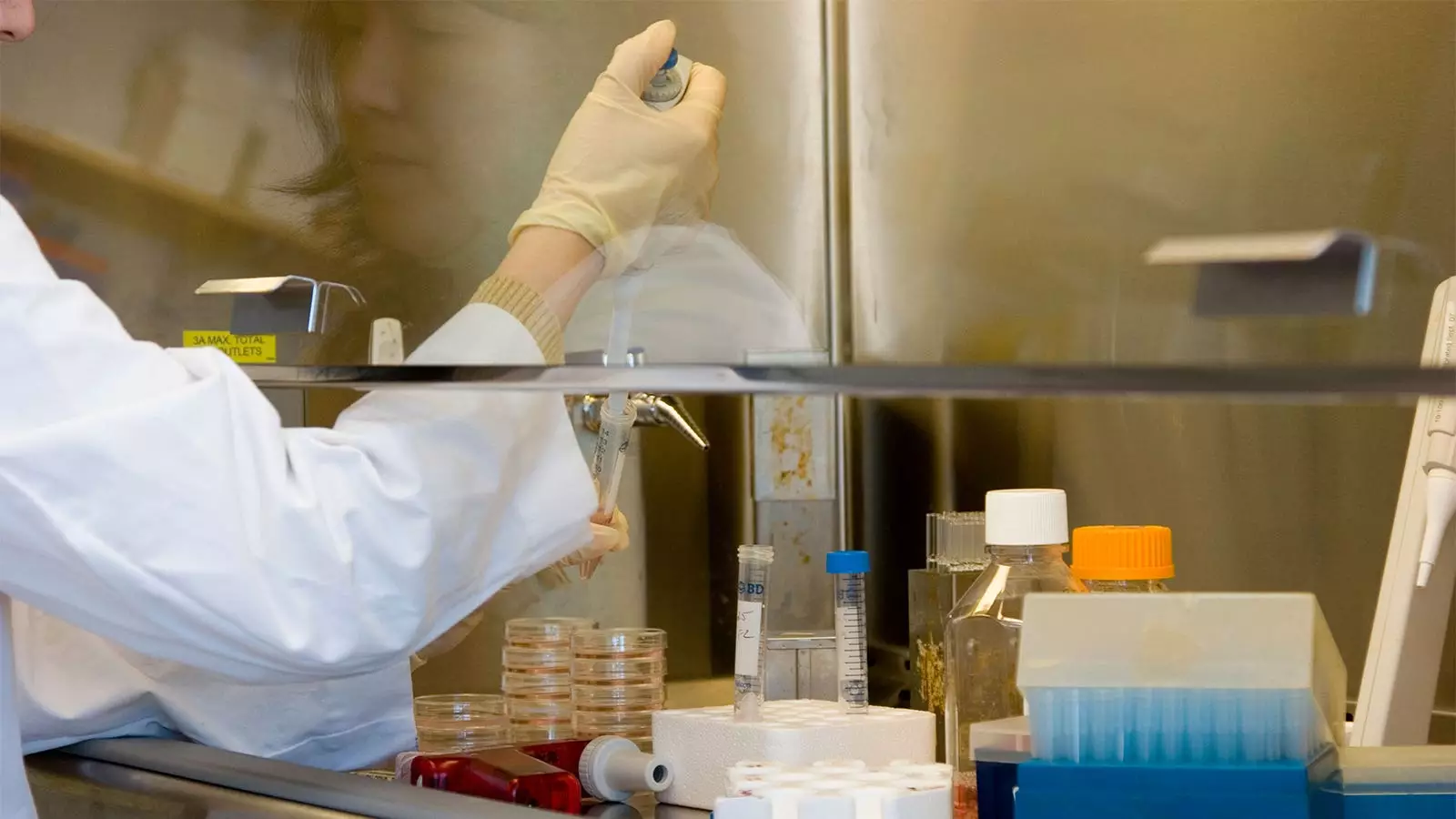The FDA recently issued a warning to Akan Biosciences regarding their allogenic SVF product, Ayama, stating that it must be regulated as a drug and biologic. Unlike the commonly used autologous SVF products, Ayama is allogenic in nature, which adds a unique aspect to its composition. Stem cell biologist, Paul Knoepfler, noted that allogenic SVF products are not as prevalent in the market as autologous ones, making this case particularly interesting. The FDA pointed out that Ayama was in violation of several CGMP requirements, including the failure to screen donors for communicable diseases.
The FDA instructed Akan Biosciences that Ayama should be classified as a biological product under section “351” of the Public Health Service Act, rather than the more lenient “361” pathway for human cell and tissue-based products. The agency highlighted that Ayama did not meet the criteria for minimal manipulation and homologous use, essential for classification under the 361 pathway. The processing of Ayama altered the original characteristics of adipose tissue, impacting its utility for reconstruction, repair, or replacement in patients.
During an inspection in September 2022, the FDA identified various CGMP violations related to Ayama production. These violations included the failure to screen donors for communicable diseases like HIV and hepatitis B and C. The donor screening form used by Akan Biosciences was also found to be inadequate in addressing certain risk factors related to communicable diseases. Nearly 600 vials of Ayama produced between May 2021 and April 2022 were implicated in these violations.
In response to the FDA warning, Akan Biosciences initiated a voluntary recall of Ayama by the end of September 2022. However, the FDA deemed the company’s response to be insufficient, indicating a lack of adherence to regulatory standards. Despite the FDA’s communication, Akan Biosciences has not yet responded to requests for comment regarding the regulatory violations. The FDA continues to enforce regulatory compliance in the field of regenerative medicine, targeting unapproved therapies and products like SVF, orthobiologics, and exosomes.
The warning issued to Akan Biosciences demonstrates the FDA’s commitment to ensuring the safety and efficacy of regenerative medicine products. With a focus on compliance with premarket approval criteria and investigational new drug requirements, the FDA aims to bring unapproved therapies into regulatory alignment. The case of Ayama serves as a reminder of the importance of adhering to CGMP regulations and regulatory classifications in the development and marketing of biological products.


Leave a Reply